A few days ago, I posted the following to Facebook:
I feel like I’ve asked this before – but I dug around and couldn’t find anything – does anyone have a favorite reference/model/etc. for explaining the development of a theoretical framework?
The text we are using for class is making it feel very daunting and inaccessible for my students – would love to supplement with a “you can do this” pep talk!
First, my students are amazing – and to understand the challenge, you have to understand the iterative nature of the program. My colleague Dr. Ray Buss describes the dissertation writing process in great detail in the article Using Action Research as a Signature Pedagogy to Develop EdD Students’ Inquiry as Practice Abilities.
TEL 713 students are in their 5th term – a spot in the program where they are extending and reiterating upon the work they have done over the past year and 1/2 . We’re at a point where we are working on becoming better at crafting our theoretical frameworks – all the while (re)learning methods, methodology, theoretical perspectives, epistemologies and ontologies. We’re diving pretty deep into philosophical and theoretical concepts, which puts us in a place where we potentially can’t see the forest for the trees.
While they have already done work outlining some theoretical frameworks in prior cycles, adding new and deeper understandings is certainly one of those “transformational moments” (which can come with some frustrations as you’re learning ALL THE THINGS at once, while trying to maintain focus.)
SO – in order to help see the forest, I put the above plea out to my amazing network, and they did not disappoint. What ensued was, as Joyce Seitzinger said, “one of the most useful FB threads ever…” One of my colleagues (Dr. Teresa Foulger) said “write it yourself!” So, this blog post is an attempt at that writing.
What you will see below is more of a curation of resources and transcription of the conversation, rather than my own take. By the sheer number of resources, you will see right away, that there is not one singular way to do this “right”. (Which sometimes is not what you want to hear.) I’m providing the wealth of resources below – so that maybe one or two will resonate to help you craft your own style as you develop your writing voice and theoretical weaving skills.
Let’s start with Dr. Tonya Dousay’s contribution, which are two tremendously helpful documents created by her dissertation chair Dr. Robert Branch, Professor of Learning, Design, and Technology at the University of Georgia.
Common Components of a Research Proposal (pdf)
20 Editorial Suggestions for Scholarly Manuscripts in Preparation (pdf)
Next my friend, Dr. Inese Berzina-Pitcher posted this Research Gate forum discussion which has been helpful to her:
https://www.researchgate.net/post/What_are_the_differences_between_conceptual_framework_and_theoretical_framework
My physicist friend, Dr. Chip Brock chimed in with the following:
Interesting. Of course I have no idea about how qualitative research is done but the little I followed maps in my mind onto how I teach the differences among scientific laws and theories…and models. I claim that there are no scientific “laws” as imagined by, say the Florida State School Board (evolution is just a theory while Newton’s gravitation is a law). Rather it’s all theories…all the way down.
But we scientists don’t test theories. We build models, which are mathematical in physics, and we test the models. In that sense, a theory is more like a framework.
In that spirit, I might glean that a theory for us is like a theory for you and that a model for us is like a conceptual framework for you all?
My friend Ira Socol (one of the authors of Timeless Learning which I shared with you a few weeks ago) said:
I always think that if you can build a conceptual framework, ie, “children naturally know how to learn,” if you deep map that idea – observe the hell out of it – you can then try on different theories until you see something close to a fit, then adjust that till you’re there. But then, I’ve never been much of an academic.
I disagreed with his last statement, but he went on to share the following books and resources which have guided his inquiries:
PrairyErth
Heat Moon, W. (1991). PrairyErth : (a deep map). Boston: Houghton Mifflin.
The art of seeing: https://speedchange.blogspot.com/2011/06/art-of-seeing.html
Listening to Kids and Designing from Scratch for Timeless Learning
Observation Protocols for Timeless Learning
My dear friend and colleague/teaching partner Dr. Michelle Schira Hagerman suggested the following (which, I will be reworking into future iterations of the course):
Would there be value in looking at the evolution of a theoretical framework over time as an exercise in deconstructing the process of theory development? For example, the Theory of New Literacies as it has evolved from a theoretical framework focused specifically on reading and informed by an ed-psych perspective…to a dual-level theory…to a theory that has inspired deep explorations of its component parts? Obviously, this is the one that I am most familiar with, but there would be others. Just a thought. I don’t have a single reference for how to do it…but this might be a way to get at the deeper questions that your students are grappling with.
Dr. Punya Mishra chimed in with some very helpful resources related to the (re)development of the TPACK framework:
Why Theory: Or the TPACK story
The TPACK Diagram gets an upgrade
To which Ira responded:
Or go to the next step: “TPECK is my attempt to describe the global view we need, the way to see a path to change everything. The way to see a path toward schools for children.” (link)
This interaction gave a perfect example of how theories change over time and how others contribute to theories.
Pilar Quezzaire (who is a former MAET student of mine and curriculum manager for the International Baccalaureate) contributed this resource: Making sense of implementation theories, models and frameworks
My wonderful colleague Dr. Danah Henriksen suggested this excellent piece by Friedman:
Friedman, K. (2003). Theory construction in design research: criteria: approaches, and methods. Design studies, 24(6), 507-522. (ASU Library Link to article)
And finally, my dear former student (from my days as a technology coordinator in 1997-98!!) now Dr. Piya Bose, suggested these two texts which helped her through her dissertation:
Krathwohl, D. (1993). Methods of educational and social science research : An integrated approach. New York ; London: Longman.
Creswell, J. (2014). Research design : Qualitative, quantitative, and mixed methods approaches (4th ed.). Thousand Oaks: SAGE Publications.
This is a lot to take in, but am I ever thankful to my network for sharing these resources. Zooming out to see the forest of this post – while there is a lot of bad that happens on social networks, I have found (and still do) find online social spaces to be a tremendously important part of how I learn, and construct understanding. In order to foster meaningful dialogues, you can’t just take, you also have to give – and I thank all who contributed to the discussion on Facebook – and invite further discussion here in this space!
Update:
I posted this to twitter and Dr. Pam Moran (an incredible mentor to me and another one of the Timeless Learning authors) shared this beautiful resource to add to the discussion: Understanding, Selecting, and Integrating a Theoretical Framework in Dissertation Research: Creating the Blueprint for Your “House” (Grant & Osanloo, 2014)
https://files.eric.ed.gov/fulltext/EJ1058505.pdf

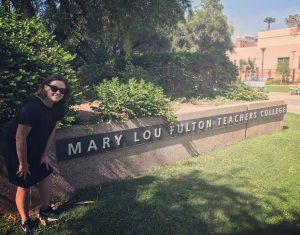
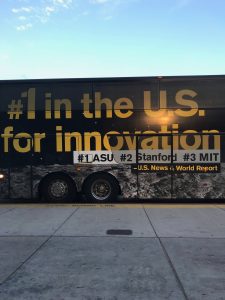


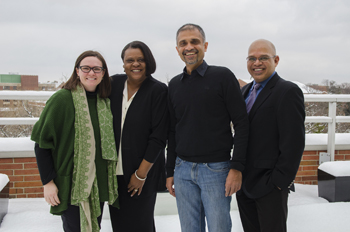
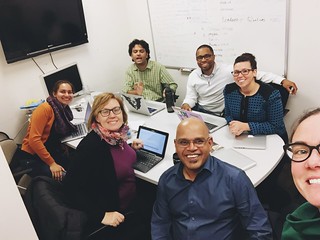

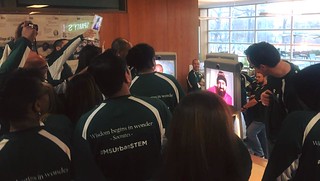
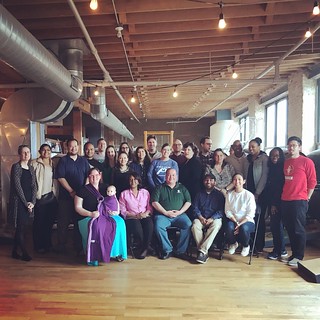



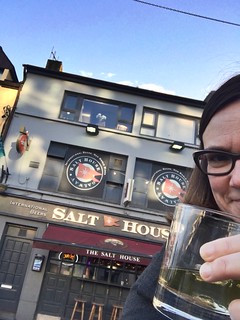
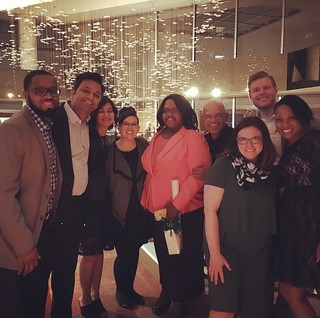
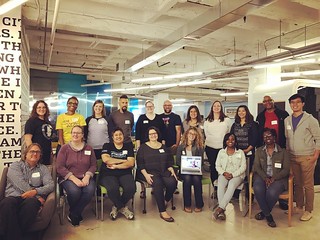




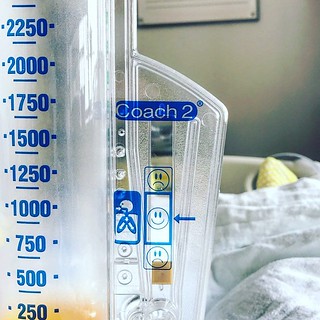

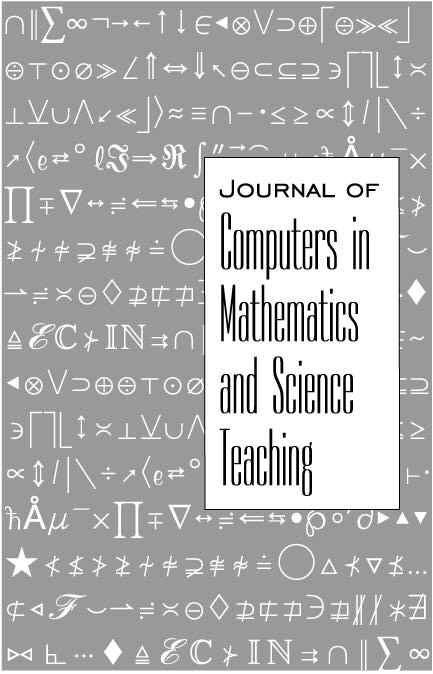 After a lot of hard work – the
After a lot of hard work – the